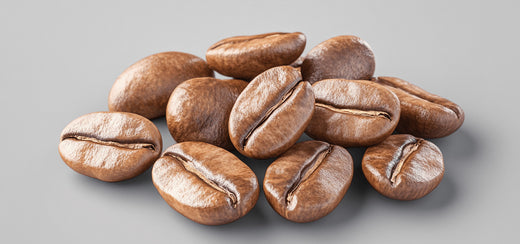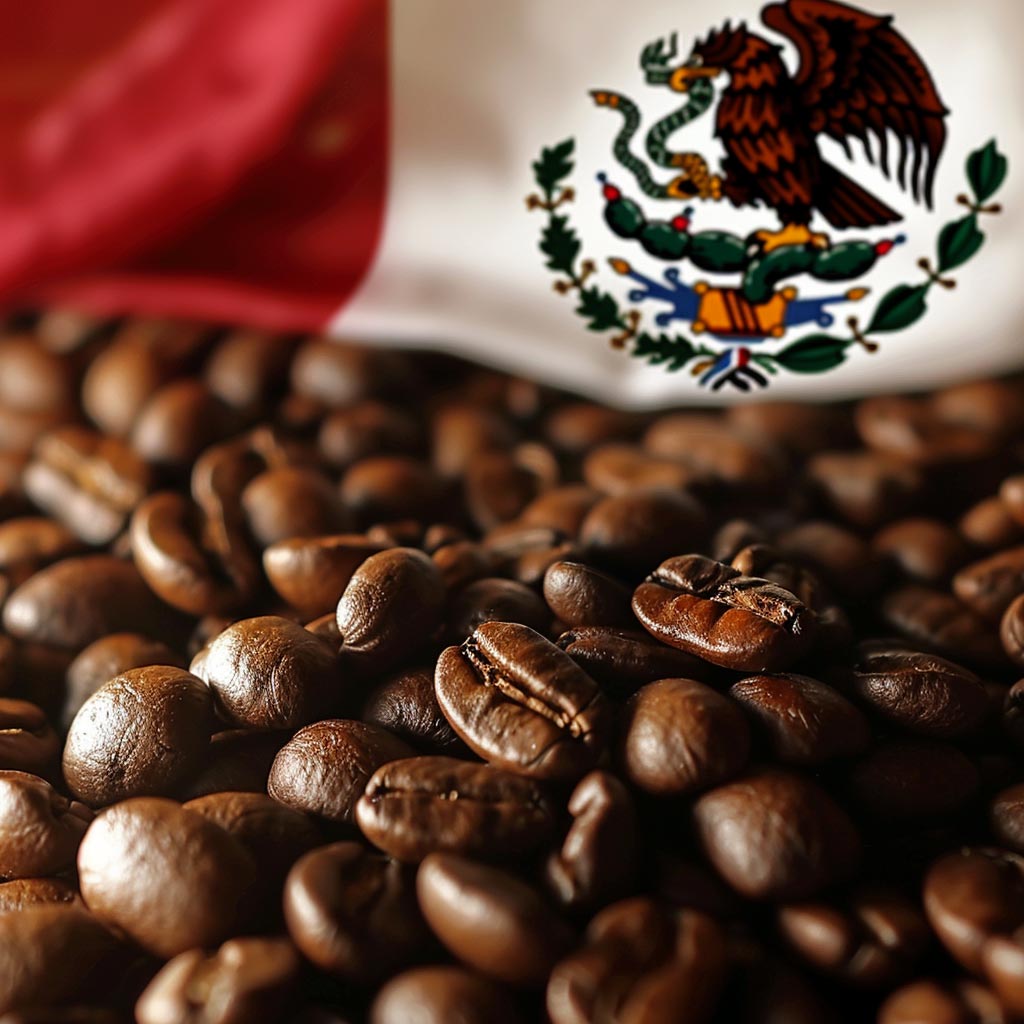Mexico is known for producing distinctive coffee with a wide range of flavors, from mild and nutty to bright and fruity. Coffee plays a crucial role in Mexico's economy, particularly in rural areas where it supports many small-scale farmers. The country's coffee culture is rich with tradition and local pride. From bustling markets to remote mountain farms, coffee is integral to Mexican life.
History of Coffee in Mexico
Mexican coffee cultivation began in the late 18th century, with plants introduced from the Caribbean. By the mid-19th century, coffee had become a significant export crop, especially in the southern regions. The government supported coffee production through various initiatives, boosting the industry's growth. Today, Mexico is a prominent coffee producer known for its quality and diversity.
Coffee Growing Regions
Mexico's key coffee-growing regions include Chiapas, Veracruz, and Oaxaca. Each area offers unique conditions that influence the flavor profiles of their beans. Chiapas, known for its high altitudes and rich soil, produces coffee with bright acidity and chocolatey notes. Veracruz offers balanced and mild flavors, while Oaxaca is famous for its complex, fruity profiles.
Varieties of Coffee Beans
Mexico primarily grows Arabica coffee beans, which are appreciated for their superior taste and aroma. Common varieties include Bourbon, Typica, and Mundo Novo. Bourbon beans are known for their rich, full-bodied flavor, while Typica offers a smooth, balanced profile. Mundo Novo, a hybrid variety, is valued for its resilience and sweet, nutty flavor.
Cultivation and Harvesting Practices
Traditional Mexican coffee farmers use sustainable farming methods to ensure high-quality beans. Shade-grown coffee is standard, protecting the beans from direct sunlight and preserving the ecosystem. Harvesting is typically done by hand, allowing farmers to select only the ripest coffee bean cherries. This careful process ensures the highest-quality beans are harvested.
Processing Methods
Mexico employs various coffee processing methods, including washed, natural, and honey. The washed process, involving fermentation and washing, highlights the coffee's bright acidity and clean flavors. Natural processing, where beans dry inside the cherry, imparts fruity and wine-like characteristics. The honey process retains some mucilage, adding sweetness and complexity to the coffee.
Flavor Profile and Tasting Notes
Mexican coffee has a wide range of flavors and balanced profiles. Typical tasting notes include chocolate, nuts, citrus, and floral undertones. The country's diverse growing regions contribute to various flavor profiles, appealing to different tastes. Mexican coffee consistently offers a high-quality and enjoyable drinking experience. It tastes especially delicious when mixed with brown sugar, whole milk, whipped cream, and a cinnamon stick to create a unique Mexican coffee recipe. Alternatively, you could use the beans to create a coffee liqueur and tequila Mexican coffee cocktail topped with whipped cream and ground cinnamon.
Famous Coffee Brands and Cooperatives
Prominent Mexican coffee brands include Café La Selva, Café Punta del Cielo, and Mayaland Coffee. These brands are known for their commitment to quality and sustainable practices. Cooperatives like Unión de Ejidos y Comunidades and ISMAM support local farmers by providing resources and promoting fair trade practices. These organizations help maintain high standards and ethical production in the Mexican coffee industry.
Challenges and Sustainability Efforts
The Mexican coffee industry faces climate change, disease, and fluctuating market prices. Significant efforts are being made to address these issues and promote sustainability and innovation. Initiatives include promoting organic farming, developing disease-resistant coffee varieties, and implementing fair trade practices. These efforts aim to secure a sustainable future for Mexican coffee.
Conclusion
Mexico's coffee industry is a blend of rich history, diverse regions, and meticulous cultivation practices. The country's dedication to quality and sustainability ensures its continued prominence in the global coffee market. Mexican coffee remains a favorite for its diverse and balanced flavors. The future of Mexican coffee looks bright, with ongoing efforts to innovate and sustain this cherished industry.
Discover the exquisite flavors of Mexican coffee and other exceptional varieties at Mystic Monk Coffee. Shop now to experience the best freshly brewed coffee in quality and taste!
Read more

Yemen is known as the birthplace of coffee, both as a commercial crop and beverage. While it is well known that Ethiopia is the origin of all coffee plants, the cultivation and culture of coffee in...

Coffee roasts differ in taste and color due to the heat level and the amount of time they’re exposed to. The lightest of all roasts is blonde roast coffee beans, which spend the shortest time under...

